Intel Rocket Lake (14nm) Review: Core i9-11900K, Core i7-11700K, and Core i5-11600K
by Dr. Ian Cutress on March 30, 2021 10:03 AM EST- Posted in
- CPUs
- Intel
- LGA1200
- 11th Gen
- Rocket Lake
- Z590
- B560
- Core i9-11900K
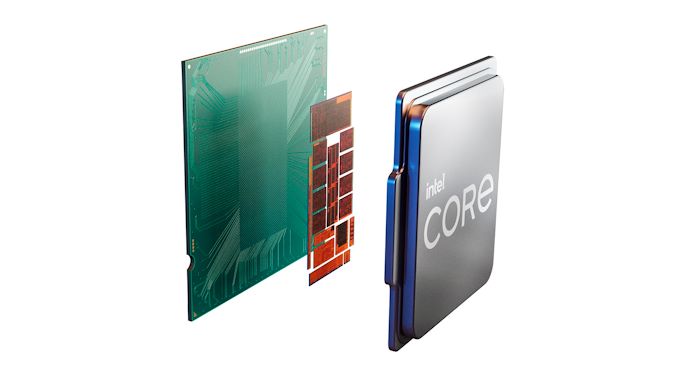
Today is the official launch of Intel’s 11th Generation Core processor family, given the internal name ‘Rocket Lake’. Rocket Lake showcases new performance gains for Intel in the desktop space, with a raw clock-for-clock performance uplift in a number of key workloads.
In order to accomplish this, Intel has retrofitted its 10nm CPU and GPU designs back to 14nm, because only 14nm can achieve the frequency required. In exchange, the new processors to get this performance run hot, cost more for Intel to produce, have two fewer cores at the high end, but customers also get PCIe 4.0 on Intel’s mainstream desktop platform for the first time.
In our review today, we will be going over Intel’s new hardware, why it exists, and how it performs, focusing specifically on Intel’s new flagship, the Core i9-11900K, which has eight cores and can boost up to 5.3 GHz
Intel’s Rocket Lake: Core i9, Core i7, and Core i5
The new Intel 11th Gen Core desktop processor family will start with Core i5, with six cores and twelve threads, through to Core i7 and Core i9, both with eight cores and sixteen threads. All processors will support DDR4-3200 natively, and offer 20 PCIe 4.0 lanes in supported motherboards – these lanes will enable graphics and storage direct from the processor, typically in an x16/x4 or x8/x8/x4 combination.
Both the Core i9 and Core i7 this time around have the same core count - normally the Core i9 would offer an obvious difference, such as more cores, but for this generation the difference is more subtle: Core i9 will offer higher frequencies and Thermal Velocity Boost (TVB). The Core i9-K and i9-KF will also feature Intel’s new Adaptive Boost Technology (ABT). We’ll go over Intel’s Turbo nomenclature later in the article.
| Intel 11th Gen Core Rocket Lake Core i9 |
|||||||
| AnandTech | Cores Threads |
Base Freq |
1T Peak |
nT Turbo |
TDP (W) |
IGP UHD |
Price 1ku |
| i9-11900K | 8 / 16 | 3500 | 5300 | 4700 | 125 | 750 | $539 |
| i9-11900KF | 8 / 16 | 3500 | 5300 | 4700 | 125 | - | $513 |
| i9-11900 | 8 / 16 | 2500 | 5200 | 4600 | 65 | 750 | $439 |
| i9-11900F | 8 / 16 | 2500 | 5200 | 4600 | 65 | - | $422 |
| i9-11900T | 8 / 16 | 1500 | 4900 | 3700 | 35 | 750 | $439 |
At the top of the stack is the Core i9-11900K. Intel has set the 1000-unit pricing of the Core i9-11900K at $539. Note that Intel does this 1k unit pricing for OEMs, and the final retail price is often $10-$25 higher, but in the case of the Core i9-11900K, users are currently looking at a $615 price point at Newegg. This is well above AMD’s Ryzen 7 5800X at $449 SEP (MSRP), which is also an 8-core processor, and beyond even the Ryzen 9 5900X at $549 SEP. Intel is stating that along with better gaming performance, this processor also offers next-generation integrated graphics, support for new AI instructions, and enhanced media support for the price differential.
The Core i9-11900K is the highlight processor of today’s review, and it has a base frequency of 3.5 GHz, alongside a peak turbo of 5.3 GHz in Thermal Velocity Boost mode, 5.2 GHz otherwise on the favored core, or 5.1 GHz on non-favored cores. The all-core frequency is 4.8 GHz in TVB turbo mode, or 4.7 GHz otherwise, or it can ‘float’ the turbo up to 5.1 GHz when ABT is enabled, however ABT is disabled by default.
The only processor not getting TVB in the Core i9 family is the i9-11900T, which is the 35 W member of the family. This processor has 35 W on the box because its base frequency is 1.5 GHz, although it will turbo up to 4.9 GHz single core and 3.7 GHz all-core. These T processors typically end up in OEM systems and mini-PCs which are more likely to strictly follow Intel’s turbo recommendations.
All Core i9 processors will support DDR4-3200, and the specification is to enable a 1:1 frequency mode with the memory controller at this speed.
| Intel 11th Gen Core Rocket Lake Core i7 |
|||||||
| AnandTech | Cores Threads |
Base Freq |
1T Peak |
nT Turbo |
TDP (W) |
IGP UHD |
Price 1ku |
| i7-11700K | 8 / 16 | 3600 | 5000 | 4600 | 125 | 750 | $399 |
| i7-11700KF | 8 / 16 | 3600 | 5000 | 4600 | 125 | - | $374 |
| i7-11700 | 8 / 16 | 2500 | 4900 | 4400 | 65 | 750 | $323 |
| i7-11700F | 8 / 16 | 2500 | 4900 | 4400 | 65 | - | $298 |
| i7-11700T | 8 / 16 | 1400 | 4600 | 3600 | 35 | 750 | $323 |
The Core i7 family includes the Core i7-11700K, which we have already reviewed with our retail sample, and tested on the latest microcode to date. This processor offers eight cores, sixteen threads, with a single core turbo of 5.0 GHz on the favored core, 4.9 GHz otherwise, and 4.6 GHz all-core turbo. The rated TDP is 125 W, although we saw 160 W during a regular load, 225 W peaks with an AVX2 rendering load, and 292 W peak power with an AVX-512 compute load.
On the topic of memory support, the Core i7 family does support DDR4-3200, however Intel’s specifications for Rocket Lake are that any non-Core i9 processor should run at a 2:1 ratio of DRAM to memory controller by default, rather than 1:1, effectively lowering memory performance. This creates some segmentation between Core i9 and the rest, as for the rest of the processors the fastest supported 1:1 memory ratio is DDR4-2933. Despite this technical specification, we can confirm in our testing of our Core i7-11700K that all the motherboards we have used so far actually default to 1:1 at DDR4-3200. It would appear that motherboard manufacturers are confident enough in their memory designs to ignore Intel’s specifications on this.
On pricing, the Intel Core i7-11700K is $399, which is important in two ways.
First, it is $140 cheaper than the Core i9-K, and it only loses a few hundred MHz. That leaves the Core i9 high and dry on day one. Unless there’s something special in that chip we haven’t been told about that we have to discover come retail day on March 30th, that’s a vast pricing difference for a small performance difference.
Second is the comparative AMD processor, the Ryzen 7 5800X, which has 8 cores and has a $449 SEP. If both processors were found at these prices, then the comparison is a good one – the Ryzen 7 5800X in our testing scored +8% in CPU tests and +1% in gaming tests (1080p Max). The Ryzen is very much the more power-efficient processor, however the Intel has integrated graphics (an argument that disappears with KF at $374). It will be interesting to see what recommendations people come to with that pricing.
| Intel 11th Gen Core Rocket Lake Core i5 |
|||||||
| AnandTech | Cores Threads |
Base Freq |
1T Peak |
nT Turbo |
TDP (W) |
IGP UHD |
Price 1ku |
| i5-11600K | 6 / 12 | 3900 | 4900 | 4600 | 125 | 750 | $262 |
| i5-11600KF | 6 / 12 | 3900 | 4900 | 4600 | 125 | - | $237 |
| i5-11600 | 6 / 12 | 2800 | 4800 | 4300 | 65 | 750 | $213 |
| i5-11600T | 6 / 12 | 1700 | 4100 | 3500 | 35 | 750 | $213 |
| i5-11500 | 6 / 12 | 2700 | 4600 | 4200 | 65 | 750 | $192 |
| i5-11500T | 6 / 12 | 1500 | 3900 | 3400 | 35 | 750 | $192 |
| i5-11400 | 6 / 12 | 2600 | 4400 | 4200 | 65 | 730 | $182 |
| i5-11400F | 6 / 12 | 2600 | 4400 | 4200 | 65 | - | $157 |
| i5-11400T | 6 / 12 | 1300 | 3700 | 3300 | 35 | 730 | $182 |
The Core i5 spreads out a lot with more offerings, from $157 for the Core i5-11400F, up to $262 for the Core i5-11600K. All these processors have six cores and twelve threads, all have the traditional Intel Turbo 2.0, and all support DDR4-3200 (2:1) or DDR4-2933 (1:1).
Another difference within these parts is that the Core i5-11400 and Core i5-11400T have UHD Graphics 730, not 750, which means using a 24 EU configuration rather than the full 32 EUs.
Intel’s Competition: Intel vs Intel vs AMD
With both the Core i9 and the Core i7 being eight cores and sixteen threads, the natural competitor to both would be either (a) Intel’s previous generation of processors or (b) AMD’s Ryzen 7 5800X, which is starting to come back into the market with sufficient stock that it can be purchased at its suggested retail price.
| Rocket Lake Competition | |||||||
| AnandTech | Core i7 10700K |
Core i9 10900K |
Core i7 11700K |
Core i9 11900K |
Ryzen 7 5800X |
Ryzen 9 5900X |
|
| uArch | Comet Lake |
Comet Lake | Cypress Cove |
Cypress Cove |
Zen 3 | Zen 3 | |
| Cores | 8 C 16 T |
10 C 20 T |
8 C 16 T |
8 C 16 T |
8 C 16 T |
12 C 24 T |
|
| Base Freq | 3800 | 3700 | 3600 | 3500 | 3800 | 3700 | |
| Turbo Freq | 5100 | 5200 | 5000 | 5300 | 4800 | 4800 | |
| All-Core | 4700 | 4900 | 4600 | 4800 | ~4550 | ~4350 | |
| TDP | 125 W | 125 W | 125 W | 125 W | 105 W | 105 W | |
| IGP / EUs | Gen 9, 24 | Gen 9, 24 | Xe-LP, 32 | Xe-LP, 32 | - | - | |
| L3 Cache | 16 MB | 20 MB | 16 MB | 16 MB | 32 MB | 64 MB | |
| DDR4 | 2 x 2933 | 2 x 2933 | 2 x 3200 | 2 x 3200 | 2 x 3200 | 2 x 3200 | |
| PCIe | 3.0 x16 | 3.0 x16 | 4.0 x20 | 4.0 x20 | 4.0 x24 | 4.0 x24 | |
| MSRP | $387 | $499 | $399 | $539 | $449 | $549 | |
| Retail | $322 | $470 | $419 | $614 | $449 | $549 | |
As we saw in our Core i7-11700K review, at $399/$419, the Ryzen 7 5800X at $449 is actually a good comparison point. On high-end gaming both processor performed the same, the AMD processor was ahead an average of 8% on CPU workloads, and the AMD processor came across as a lot more efficient and easy to cool, while the Intel processor scored a big lead in AVX-512 workloads. At the time of our review, we noted that stock of AMD’s Ryzen 5000 processors would be a large part of the choice between the two processors, given that stock was low and highly volatile. Since then, as in our latest CPU Guide, stock of the AMD CPUs is coming back to normal, so then it would come down to exact pricing differences.
If we focus on the Core i9-11900K in this comparison, given the small differences between itself and the Core i7, you would also have to pit it against the AMD Ryzen 7 5800X, however at its $539 tray price and $615 Newegg price, it really has to go against the 12-core Ryzen 9 5900X, where it loses out by 50% on cores but has a chance to at least draw level on single thread performance.
Test Setup and #CPUOverload Benchmarks
As per our processor testing policy, we take a premium category motherboard suitable for the socket, and equip the system with a suitable amount of memory running at the manufacturer's maximum supported frequency. This is also run at JEDEC subtimings where possible. Reasons are explained here.
| Test Setup | |||||
| Intel Rocket Lake |
Core i9-11900K Core i7-11700K Core i5-11600K |
ASUS Maximus XIII Hero |
0610/ 0703** |
TRUE Copper + SST* |
ADATA 4x32 GB DDR4-3200 |
| Intel Comet Lake |
Core i9-10900K Core i7-10700K |
ASRock Z490 PG Velocita |
P1.50 | TRUE Copper + SST* |
ADATA 4x32 GB DDR4-2933 |
| Intel Coffee Refresh |
Core i9-9900KS Core i9-9900K |
MSI MPG Z390 Gaming Edge AC |
AB0 | TRUE Copper +SST* |
ADATA 4x32GB DDR4-2666 |
| Intel Coffee Lake |
Core i7-8700K | MSI MPG Z390 Gaming Edge AC |
AB0 | TRUE Copper +SST* |
ADATA 4x32GB DDR4-2666 |
| AMD AM4 |
Ryzen 9 5900X Ryzen 7 5800X Ryzen 7 4750G |
GIGABYTE X570I Aorus Pro |
F31L | Noctua NHU-12S SE-AM4 |
ADATA 2x32 GB DDR4-3200 |
| GPU | Sapphire RX 460 2GB (CPU Tests) NVIDIA RTX 2080 Ti FE (Gaming Tests) |
||||
| PSU | Corsair AX860i | ||||
| SSD | Crucial MX500 2TB | ||||
| *TRUE Copper used with Silverstone SST-FHP141-VF 173 CFM fans. Nice and loud. **0703 was applied for stability support |
|||||
We must thank the following companies for kindly providing hardware for our multiple test beds. Some of this hardware is not in this test bed specifically, but is used in other testing.
| Hardware Providers for CPU and Motherboard Reviews | |||
| Sapphire RX 460 Nitro |
NVIDIA RTX 2080 Ti |
Crucial SSDs | Corsair PSUs |
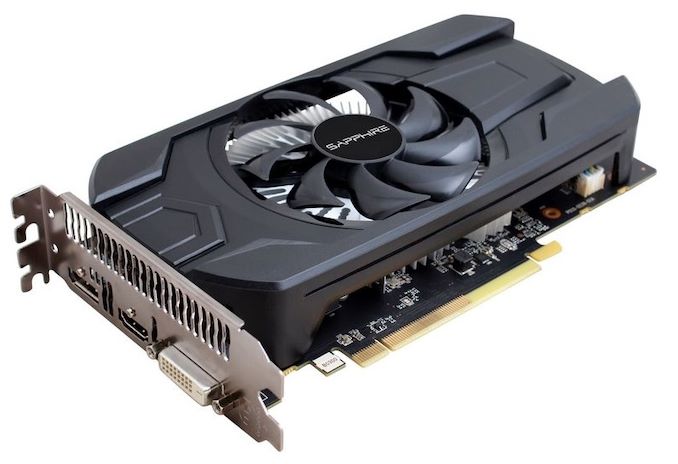 |
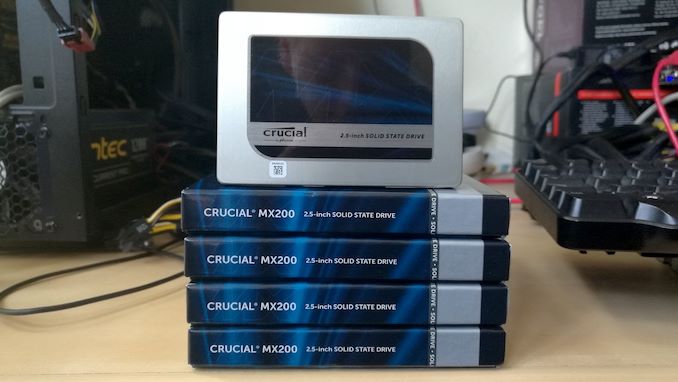 |
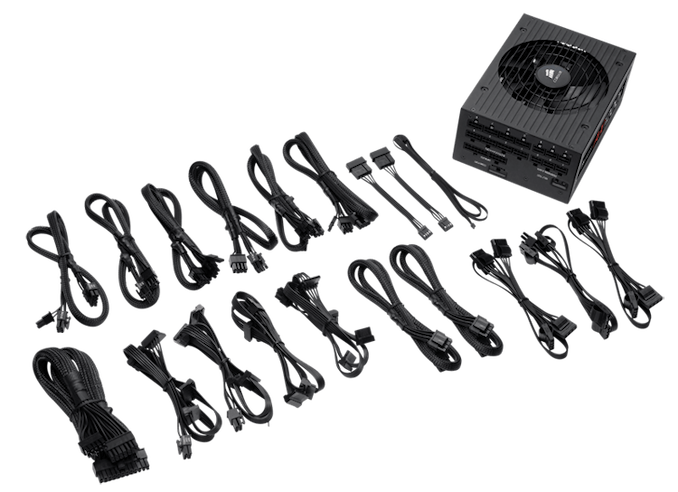 |
|
| G.Skill DDR4 | ADATA DDR4 | Silverstone Coolers |
Noctua Coolers |
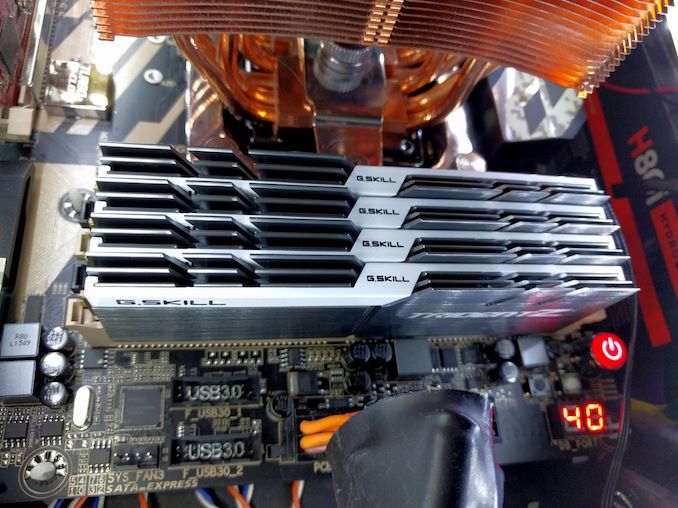 |
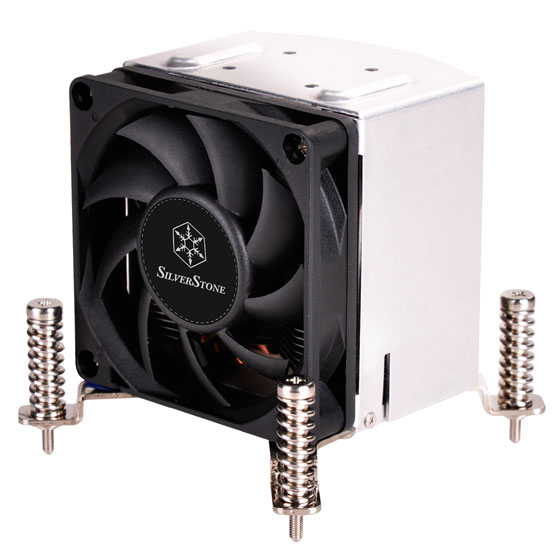 |
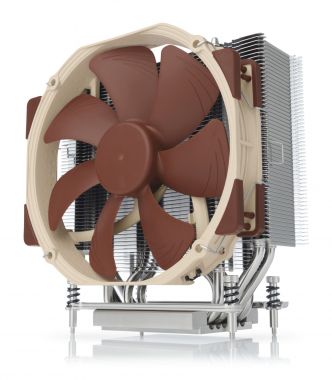 |
|
A big thanks to ADATA for the AD4U3200716G22-SGN modules for this review. They're currently the backbone of our AMD testing.
Users interested in the details of our current CPU benchmark suite can refer to our #CPUOverload article which covers the topics of benchmark automation as well as what our suite runs and why. We also benchmark much more data than is shown in a typical review, all of which you can see in our benchmark database. We call it ‘Bench’, and there’s also a link on the top of the website in case you need it for processor comparison in the future.
Table Of Contents
- Rocket Lake Product List
- Why Rocket Lake Exists: Retrofitting 10nm to 14nm
- Motherboards and Overclocking Support
- New Turbo Features: Adaptive Boost Technology
- Power Consumption and Stability
- CPU Microbenchmarks
- CPU Testing
- Gaming Testing
- Conclusion


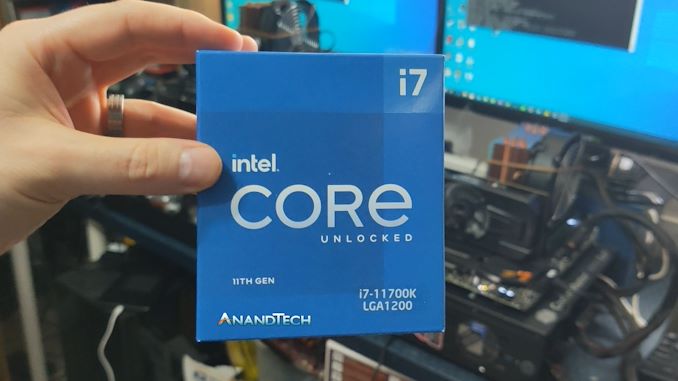
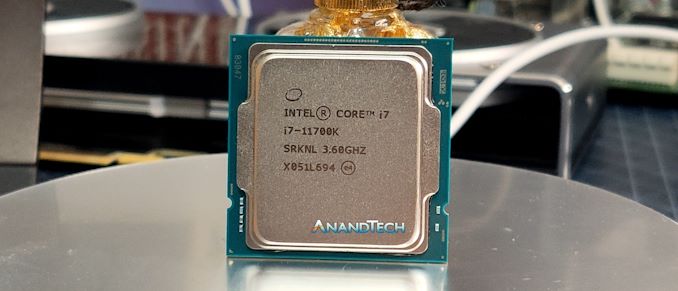
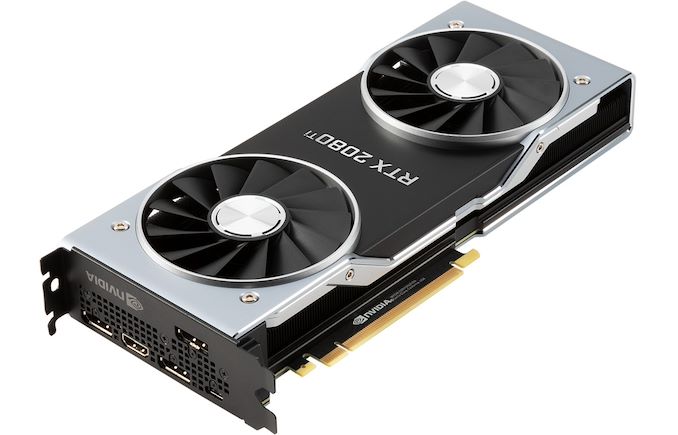
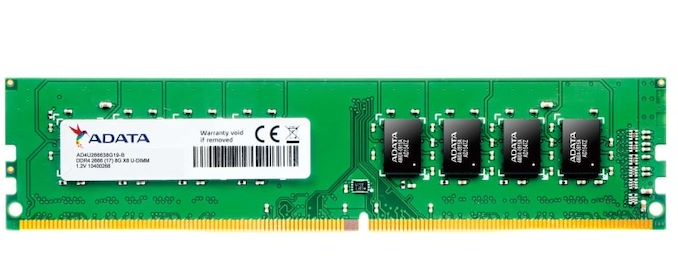








279 Comments
View All Comments
Qasar - Thursday, April 1, 2021 - link
" calling out Intel shills when I see them " ahh so you are calling out your self then ?the point you are making, is more like your own OPINION then any thing else. while YOU may not see the point in getting a cheap vid card so you can at least use the over all better cpu ( zen 3) then this dud, others may be fine with it. a few people i work with, are currently waiting for zen 3 to be in stock, and will upgrade to it, they have seen the reviews of rocket lake, and have no issues waiting, cause they know they will still be getting the better cpu.
" then there is zero value in any AMD CPU currently. " again YOUR opinion.
vanish1 - Friday, April 2, 2021 - link
Youre cherry picking words from my overall statement, nice try Intel shill. IF YOU ARE BUILDING A NEW PC RIGHT NOW THERE IS ZERO VALUE IN AMD CPUS. Some people actually care about spending their money frugally, not having to spend hundreds of dollars on a GPU they dont want just to make their CPU work.Beyond that, if E-peen matters so much to you and money is no object then why waste your cash in the first place on E-waste GPU, isnt it even more baller to buy a GPU when its most expensive? If you care so much about having the BEST cpu that does the BEST in every benchmark, how dare you grace its presence with such a lowly dGPU like a rx550 or gtx970? Hmmm conflict of interest, picks and chooses what part of the GPU crisis to support instead of skipping it completely.
Sorry you two, some of us live in the real world where money matters more than E-peen and video gaming addictions.
Qasar - Friday, April 2, 2021 - link
and you are trying to make an argument that so far, only YOU seem to be making, on here, and on other sites. YOU are the intel shill here, not me, nice try, if i was an intel shill would i be calling rocket lake a dud, or the better cpu being Zen 3 ? " IF YOU ARE BUILDING A NEW PC RIGHT NOW THERE IS ZERO VALUE IN AMD CPUS " and its YOUR opinion, plain and simple, while YOU see no value in them, i'd guess others see A LOT more value in them, then rocket lake." not having to spend hundreds of dollars on a GPU they dont want just to make their CPU work. " ahh so now, 50 bucks is hundreds if dollars ? and its doubtful someone buying the top, lets say 2 rocket lake cpus, is going to then use the IGP to play games on, that are recent, come on, get real.
with the way you keep crying about a 50 buck gpu being ewaste, you must have a comp that is quite old, so you can flex you own epeen, and not contribute e waste your self.
the fact that you are now, resorting to insults and name calling, proves nothing more then the fact you are probable just a child, have a good day, and i hope your old comp doesnt die on you, so you have to contribute to e waste yourself.
BushLin - Friday, April 2, 2021 - link
vanish1: OMG ewaste! OMG be frugal with money...Also vanish1: advocates buying 200w CPU on 6 year old 14nm process and a new motherboard which won't support future 10nm/7nm CPUs. Delivering about half the performance per watt of current AMD CPUs and needs custom water cooling or datacentre loud fans just to do that.
You're either an Intel shareholder, somehow trying to justify to yourself your bad purchase or just... you know, dumb.
vanish1 - Friday, April 2, 2021 - link
@qasar go home bud, you lost the argument days ago.@bushlin ahhh you, the shill, continues to spread FUD. You know nanometer size isnt a 1:1 standard across the industry right? https://www.youtube.com/watch?v=ROS008Av4E4 Linus is asking you sit down now please.
Beyond that, most people actually use their computer for longer than a product cycle and could really care less what cpu upgrade path exists, if you genuinely think 5 years from now a 6 or 8 core processor will be out of date then you need to seriously need to get your head checked. PC industry standards move independently of each category. You think SK Hynix cares about Intel and AMDs CPU upgrade paths when theyre ready to push DDR5 onto the world? (the answer is no).
11600k + mobo + money in my pocket = winning
5600x + mobo - overpriced dGPU to make it work = losing
BushLin - Friday, April 2, 2021 - link
" You know nanometer size isnt a 1:1 standard across the industry right?"Yes, obviously since I talked about *future* 10nm/7nm CPUs which only applies to Intel's metric as TSMC are knocking out 7nm Zen3 and 5nm Apple SoCs.
"11600k + mobo + money in my pocket = winning"
You have an office PC for a couple of years, by the time GPU shortages end you've got a terrible value for money, inefficient platform to slot a GPU into; by then, the same money you spent today would buy you a 5nm/3nm CPU with better IPC, DDR5 and even bigger gulf in performance per watt compared to your space heater, factory overclocked build.
Qasar - Friday, April 2, 2021 - link
sounds more like you lost the argument as i have suggested counter point to you BS claims about ewaste and such. bottom line is, from what it sounds like you only prefer the intel cpus, cause of the iGPU, which is fine but there ARE other options, its just you sound to cheap to consider them. a discrete vid card, can and could be used in pretty much any comp, so its not a waste as you claim.11600k + mobo + money in my pocket = winning
5600x + mobo - overpriced dGPU to make it work = losing
this is YOUR opinion nothing more.
29a - Friday, April 2, 2021 - link
I just bought a brand new AMD processor.vanish1 - Monday, April 5, 2021 - link
https://youtu.be/KPgmeNstLa8?t=722Where the clip starts the first guy has a Ryzen system sitting unused, using his phone instead.
The next one after, same situation no GPU, but Intel build, and look its running.
step back fade away J for the win at the buzzer.....swooshhhhhh
vanish1 - Monday, April 5, 2021 - link
Seriously; outside of work, do not support the GPU industry currently in any form, shape, or manner.